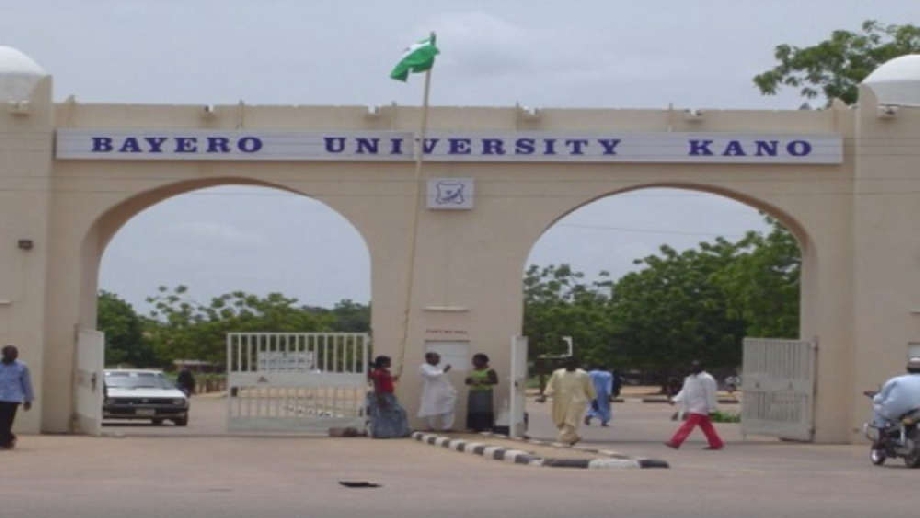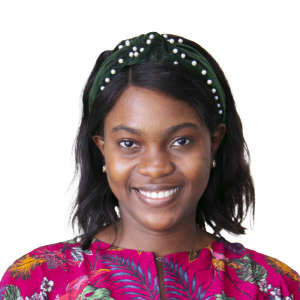
In 2023, Lawal Zubairu gained admission to study Islamic Studies at Bayero University, Kano, after previous failed attempts. But his joyous moment was cut short after getting news of a hike in school fees.
His father, Ibrahim Muhammad, could not afford the fees and he doubts if his son would proceed with the admission.
“He gained admission to BUK, and we want him to go to school, but our concern now is the registration fees which are over N100,000. If they don't reduce the fees, the admission will be a waste,” he says.
While Zubairu’s dream hangs in the balance, a 200-level student in the Department of Architecture, Isma’il Ahmed, fears he may drop out of school. Ahmed says parents don't have the means to pay the N105,000 registration fees the institution is demanding.
His situation is similar to that of Mercy Abiodun, a self-funded student in the Faculty of Communications, who is relying on a miracle to pay her fees at BUK.
“Our registration fees were around N40,000 before, and now it's N100,000. My problem now is that I can't defer this session because I'm in my final year. But now, I need a miracle to source N100,000 for my registration.”
Parents and guardians are unhappy with the increment. Mr. Michael Mathew is among the guardians and has to pay about half-a-million naira for his three siblings at BUK if they are to continue their education.
“Before now, I pay N100,075 for my three siblings, and now with the increase I will pay N500,250. This is a huge increase and it comes as a shock to me. I'm calling on the management to look into this,” he says.
Breakdown of BUK's Registration Fees
In a circular dated 24 May 2023, the management of BUK said the new charges took effect from the 2022/2023 academic session. New students must pay N10,000 as an acceptance fee before they could be screened.
A breakdown of the new charges of some faculties shows that returning students of Arts, Islamic Studies, Law, Social Sciences, and Management Sciences are to pay N95,000, while the new students will pay N105,000. Returning students in the Departments of Banking and Finance, and Accounting are to pay N97,000, and the new students will pay N107,000.
In the faculties of Computing, Communication, Earth and Environmental Sciences, and Education new students will pay N110,000, and returning students are to cough out N100,000. And old students in the faculties of Life Sciences, Pharmaceutical Sciences, and Physical Sciences will pay N102,000, while new students pay N112,000. It is N101,000 for old students in the faculties of Agricultural Engineering and Quantity Surveying and N111,000 for new students.
A further breakdown shows that new students of Geology, Urban and Regional Planning, and Architecture are to pay N115,000, while old students are to pay N110,000. For Veterinary Medicine, new students will pay N120,000 and returning students N110,000.
Also, in the faculties of Allied Health Sciences and Basic Medical Sciences, new students will pay N150,000, while the old students will pay N140,000. Students in Clinical Sciences (MBBS) and Dentistry are to will pay N160,000 and N170,000 respectively.
Similarly, undergraduate students will pay N37,590 for hostels without beds and mattresses. Female students who want accommodation with a mattress and bed will pay N80,090 while their male counterparts will pay N57,590.
National Student Body Demands Reversal
Frustrated by this development, the North-West coordinator of the National Association of Nigerian Students (NANS), Bilal Lawal Kurfe, has vowed that the union would take undisclosed actions if the fees aren’t reduced.
“The management should reduce the registration fees because the Nigerian students are bitterly complaining about it. If they fail to reduce it, we will have no option than to invoke the last C which is confrontation,” he threatens. “The over 100% increment may force many students out of schools and deny other prospective ones from securing admissions,” Kurfe says.
No doubt, these concerns pose a threat to achieving Goal 4 of the United Nations Sustainable Development Goals (SDGs) which ensures inclusive and equitable quality education and promotes lifelong learning opportunities for all by 2030. The Academic Staff Union of Universities (ASUU) has rejected the new policy. Its BUK Acting Chairman, Dr. Sagir Saleh, is seeking public support for the reversal of the increment.
“This is what ASUU is fighting in the last 40 years, the increment is really unfortunate. Without (government) funding, the common man cannot afford education. All and sundry must join hands with ASUU for the reversal of the increment,” he says.
However, the BUK management justifies its action which it links to the federal government’s directive. BUK Spokesperson, Lamara Garba, says the increment is meant to cater to the running cost of the university since the government can no longer shoulder all the responsibilities of tertiary education in Nigeria.
“I know of a federal university that collected N300,050 per session, and BUK’s fees are from N95,000 to N170,000. So, as far as we are concerned, the fees are not as exorbitant as people are saying,” Garba defends the school.
The federal government has been vocal about its stance to reduce its funding of tertiary institutions. This may not be unconnected to why ASUU linked the recently signed Students’ Loan Act to the government’s preparation to hand off its funding of higher institutions.
But many Nigerians are questioning the stipulated conditions for accessing the loans. One of them, Usman Shu’ibu, argues that the two-year post-NYSC repayment plan is unfavorable to students due to the poor employment system in the country.
Over 20 Million Out-of-School Children in Nigeria- UNESCO
2022 data from the United Nations Educational, Scientific and Cultural Organisation (UNESCO) indicates that 20 million students are out of school in Nigeria.
That is eight percent of the 244 million children and youth between the ages of 6 and 18 which UNESCO says are out of school, worldwide.
According to the statistics, India, Nigeria, and Pakistan have the highest figures for out-of-school children.


